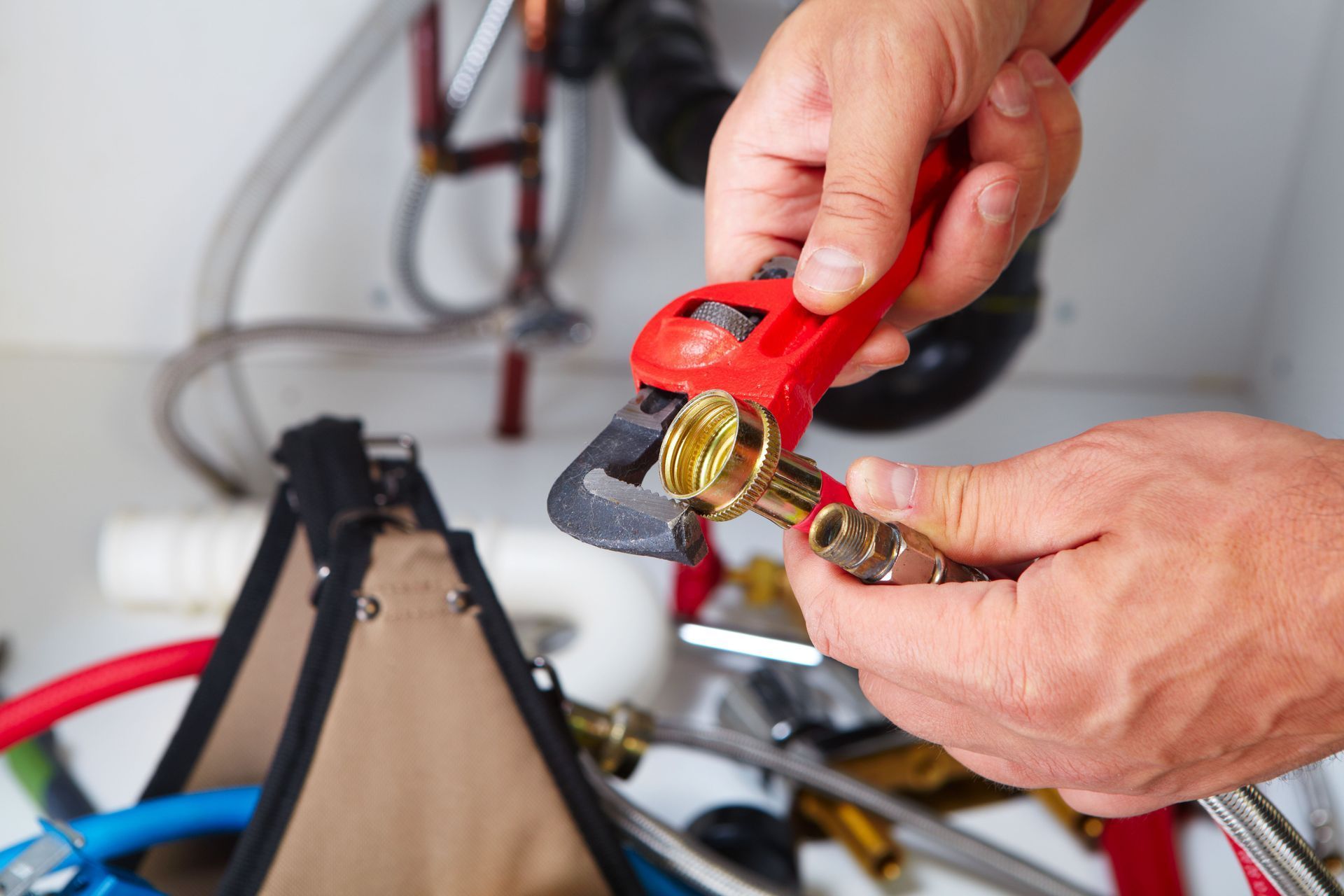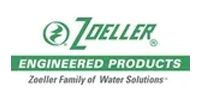August 18, 2025
Septic tank systems are essential for managing household waste, but often tend to be overlooked until significant problems arise. Delaying septic tank repairs can have dire consequences, leading to serious property damage and costly repairs. This article will explore the reasons why timely maintenance and repair of septic systems are crucial for homeowners.
1. Overflow and Backups
Septic tank overflows occur when the tank becomes too full and can no longer handle incoming waste efficiently. This situation can be caused by a variety of factors, including system design flaws, poor maintenance, and excessive water usage in the home. When an overflow occurs, it often results in sewage backing up into the home, causing immediate and unpleasant disruptions. It's crucial to address any signs of overflow quickly to prevent further complications and increased repair costs.
The impact of septic tank overflows on plumbing systems can be severe. Blocked pipes and drains can result in significant water damage to property interiors, from floors to walls and ceilings. Persistent blockages often necessitate comprehensive repairs that can disrupt family life for extended periods. Temporary plumbing fixes only address superficial issues, leaving the underlying causes unchecked. Regular inspection and maintenance of septic tanks can help avert such costly plumbing emergencies.
Health hazards arise when sewage backups occur, releasing harmful bacteria and pathogens into living spaces. The exposure to raw sewage can lead to various health issues, including respiratory problems and skin infections. Children and pets are particularly vulnerable to these risks when playing near or inside contaminated areas. The cleanup process for sewage backups is extensive and expensive, often entailing professional cleaning services. By ensuring timely septic tank repairs, homeowners can safeguard their families from such health threats.
2. Soil Contamination
Septic system failures often result in leaks that lead to soil contamination. When sewage seeps into the ground, it alters the soil's natural composition, diminishing its quality and agricultural viability. This contamination can endure for years, impacting future planting or development on the affected land. In many regions, contaminating the environment due to negligence can result in legal actions and hefty fines. Therefore, timely septic tank repairs can prevent such ecological damage and legal consequences.
The long-term effects of continuous sewage leakage on soil quality are detrimental. Contaminated soil loses its fertility, inhibiting plant growth and disrupting local ecosystems. Plants may absorb pollutants, impacting not only their health but also the animals that feed on them. This chain reaction can create a biohazardous environment that affects agriculture output and local food chains. Addressing septic system issues promptly ensures that such long-term environmental impacts are avoided.
The impact on plant and animal life is significant when septic tank leaks occur. Flora and fauna are essential components of the local ecosystem, and when they are disrupted, the entire ecological balance is threatened. Toxic substances from sewage can poison wildlife, while plants may fail to thrive in contaminated soil. Furthermore, this disturbance can have cascading effects on biodiversity and natural habitats. Homeowners must prioritize septic tank maintenance to protect local flora and fauna.
3. Structural Damage to Property
Leaks from a malfunctioning septic system can lead to erosion around the property’s foundation, compromising the building's structural integrity. Septic leaks increase the groundwater level and create pressure against the foundation, which can lead to cracks. Over time, these leaks can cause subsidence or even sinkholes, endangering the property’s stability. Repairing foundation erosion is often more costly than addressing the initial septic issue. Thus, regular septic system checks can safeguard against extensive structural repairs.
The effects on building integrity extend beyond the foundation. Moisture and dampness caused by leaks can infiltrate walls, insulation, and even electrical systems. Over time, this can lead to mold growth, which poses additional health risks. Damp conditions also attract pests such as termites, which further deteriorate a building's structural components. Maintaining a well-functioning septic system is critical in preserving the overall safety and integrity of a home.
Water damage inside the home is frequently a symptom of septic system problems. Whether it's through leaks or backups, water damage leads to rotting wood, warping floors, and peeling paint. In severe cases, water exposure can compromise electrical wiring, creating fire hazards. The repair costs for such water damage can be exorbitant, making prevention through septic system maintenance highly advisable. A proactive approach will save homeowners from significant financial burdens caused by internal water damage.
4. Health Risks and Hazards
Exposure to harmful bacteria and viruses present in sewage poses significant health risks. These contaminants can lead to gastrointestinal infections, respiratory illnesses, and skin conditions. When septic systems fail to function correctly, they release these pathogens into the home environment, endangering residents' health. Children and the elderly, in particular, are more susceptible to these infections due to weaker immune systems. Ensuring a properly maintained septic system serves as a fundamental health safeguard for families.
Respiratory issues can arise from the gases emitted by untreated sewage. Methane and hydrogen sulfide are common byproducts of decomposing waste that, when inhaled, can irritate respiratory passages and cause health complications. Long-term exposure to these gases can lead to chronic respiratory conditions. Ventilation and timely septic tank repairs can help mitigate these risks, ensuring that indoor air quality remains safe. Homeowners must remain vigilant about any strange odors which could indicate dangerous gas leaks.
The contamination of drinking water is a severe consequence of neglected septic systems. Leaks or seepage can pollute well water or underground water supplies with harmful bacteria and viruses. Consuming contaminated water can result in severe health conditions, highlighting the critical need for regular septic maintenance to prevent water contamination. Ensuring that septic systems are functioning correctly protects both the local water supply and the health of those relying on it. Homeowners near water bodies have a particular responsibility to maintain their septic systems diligently.
5. Increased Repair Costs Over Time
The cost of delaying septic tank repairs can multiply over time, making what was initially a minor issue financially overwhelming. Small leaks or maintenance tasks ignored can translate into full system replacements if not addressed. Procrastination in addressing repairs exacerbates problems, leading to higher out-of-pocket expenses for homeowners. Regular inspections can identify potential issues before they escalate, offering significant cost savings.
According to the EPA, more than one in five households in the U.S. depend on individual septic (decentralized) systems or small community cluster systems to treat their wastewater. The importance of regular maintenance cannot be overstated, as it reflects directly on the longevity and efficiency of a septic system. Scheduled pumping and check-ups identify early signs of wear and help manage minor complications before they become major breakages. Investing in routine maintenance avoids unforeseen breakdowns and ensures continued operation of the septic system at optimal efficiency. This proactive approach represents an investment in the home’s future value and livability. Ultimately, it is a cost-effective strategy for homeowners aiming to minimize long-term repair costs.
Court cases and settlements related to property damages caused by faulty septic systems can become a reality for negligent homeowners. When septic failures affect neighboring properties or community resources, legal action may be pursued. Lawsuits can result in substantial settlements, particularly if negligence is proven. These costs, coupled with the emotional distress of lengthy legal battles, are compelling reasons to prioritize maintenance. By keeping septic systems in good working order, homeowners protect themselves from possible legal implications and associated expenses.
Timely repairs and regular maintenance of septic tank systems are not just advisable—they are essential to prevent major property damage and financial loss. By understanding the various risks associated with delaying repairs, homeowners can take proactive steps to protect their property and ensure long-term safety and value. Regular upkeep of septic systems guarantees a pleasant living environment, sustains property integrity, and secures investments. Whether considering immediate actions or long-term plans, maintaining a functioning septic system is crucial for every property owner.











